Around the time of the EU referendum in 2016, one potential benefit most people could agree on was that outside of the EU, DAERA would be able to devise schemes suited to farming in NI.
Since then, it is fair to say that not a lot has changed. Of course, political instability at Stormont and a COVID-19 pandemic has not helped, but devising new schemes is not easy and further complicated by the modern approach that involves consulting the public at every turn.
It is now three years since DAERA consulted on a raft of new policies to replace historic EU payments. By the spring of 2022, final decisions were made by Agriculture Minister Edwin Poots.
While a relatively simple beef carbon reduction scheme did start in 2024, everything else has been slow to emerge, with the proposed suckler cow measure now delayed until 1 April 2025.
Five years
By that stage it will be over five years since Minister Poots confirmed his intention to introduce a payment for suckler cows.
It is understood that the latest delay is down to finances, amid the UK budget announcement that money for farmers in 2024/2025 would be baselined into the NI block grant. In effect, current Agriculture Minister Andrew Muir is waiting on a commitment from the Stormont Executive around farm funding from next April onwards.
Delaying the proposed suckler scheme to 1 April will make it easier for the Department to administer, given it falls into line with their financial year, but as pointed out by the Ulster Farmers’ Union, it creates a messy situation for farmers.
On 31 March 2026, a suckler cow will need to have a maximum calving interval of 415 days to be eligible for payment, but a cow that calves the following day (1 April) must meet a 405 day calving interval. The age at first calving for a heifer will drop from a maximum of 34 months to 32 months over the same timeframe.
Either way, if DAERA does introduce the scheme on 1 April 2025, we can expect a lot of beef calves registered on that day.




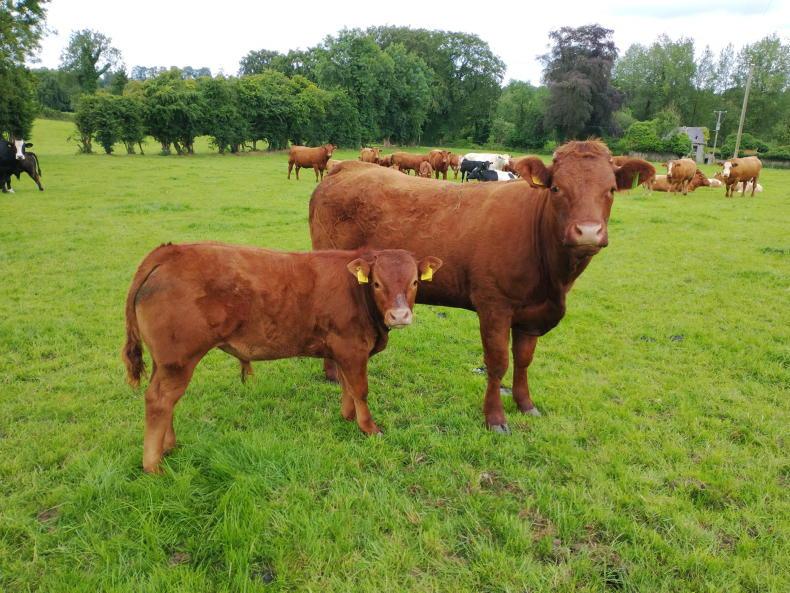
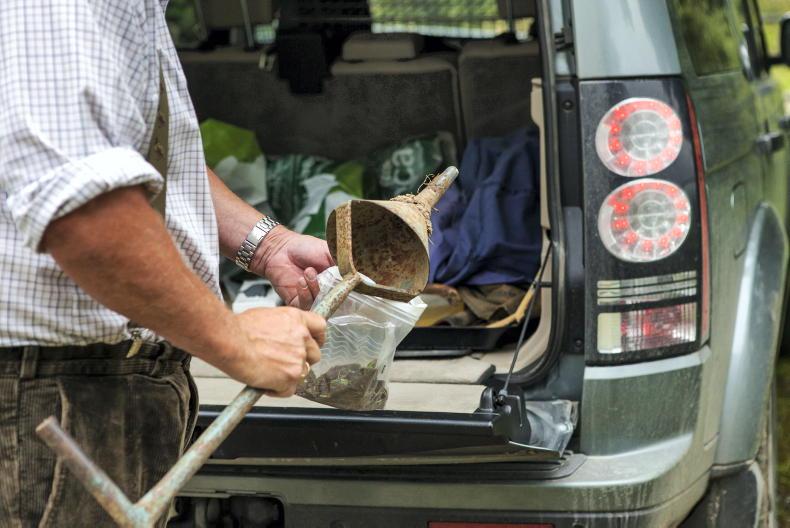
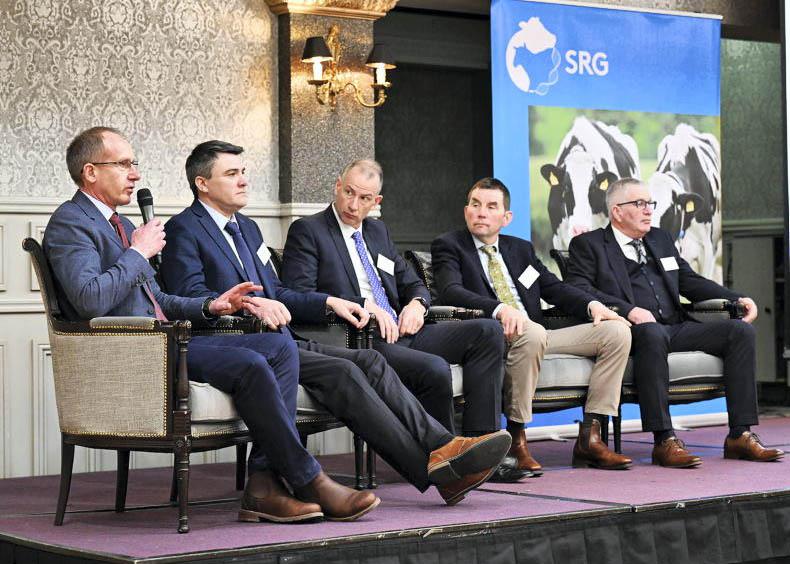
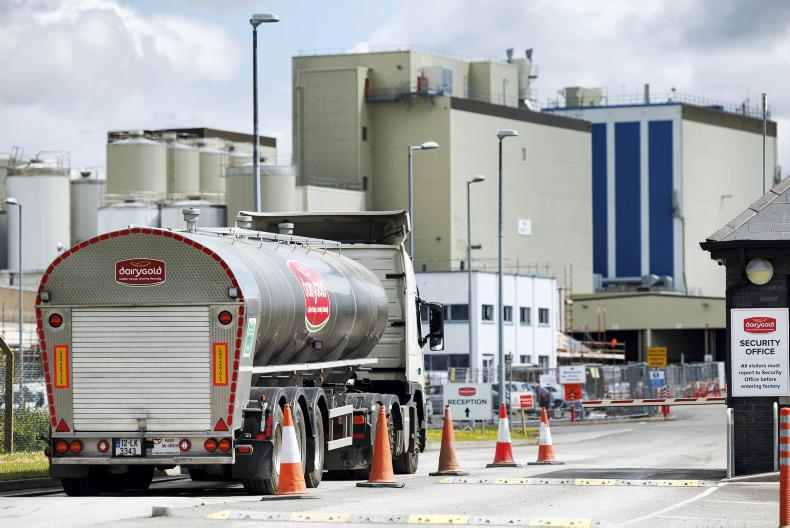
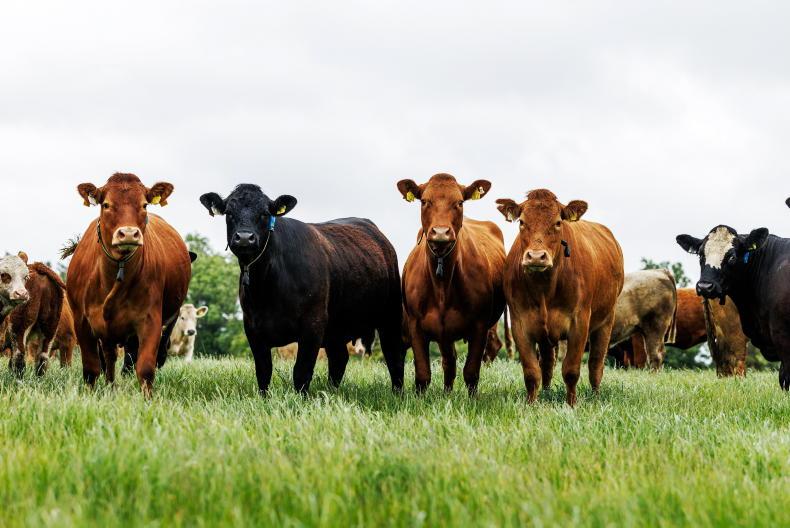
SHARING OPTIONS